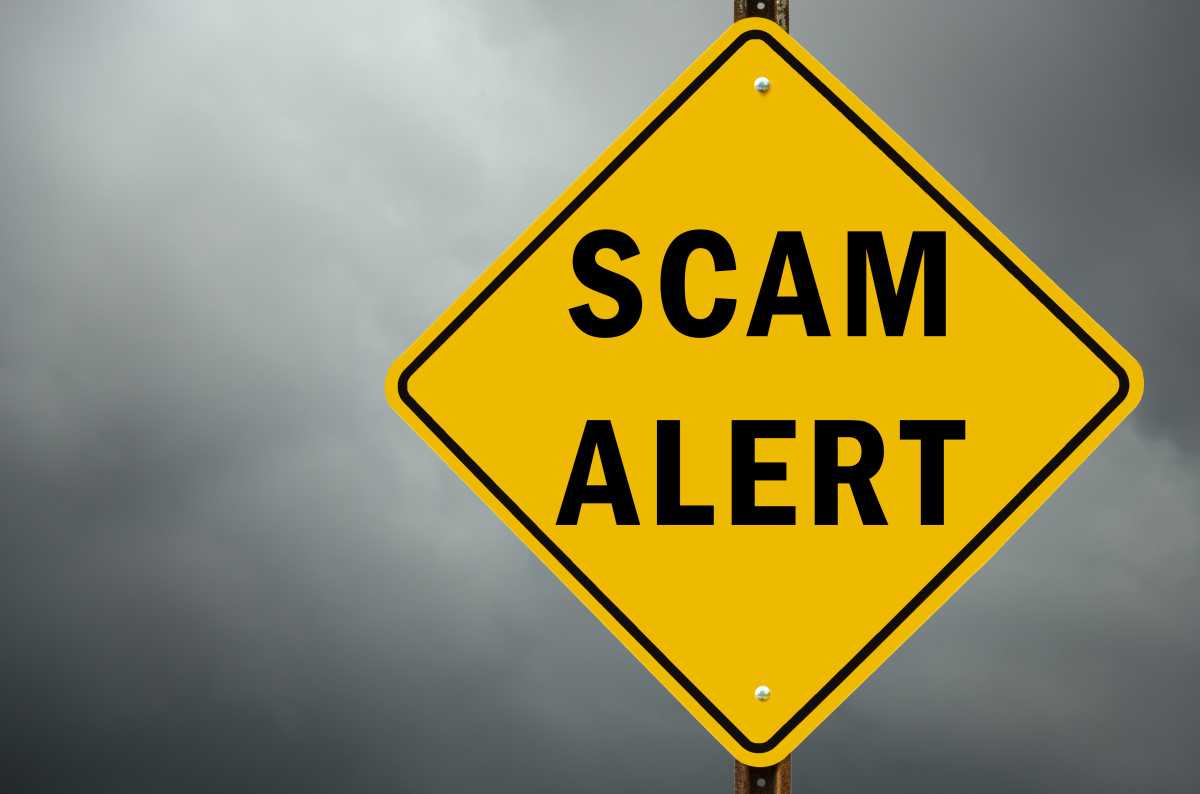Queens residents are being warned of scammers who are seeking to take advantage of consumers during the coronavirus outbreak.
According to Congresswoman Grace Meng, the scams include everything from bogus vaccination and home test kits to robocalls offering insurance and work-at-home schemes.
“It is unconscionable that in the middle of a public health crisis, there are those who prey on unsuspecting individuals, and attempt to steal the money they need during this pandemic,” Meng said.
Meng is urging all New Yorkers, particularly seniors, immigrant communities and vulnerable populations to be on alert.
“If you receive a call regarding your economic impact payment, hang up. If you receive an email or text, do not reply, and do not click on attachments and links. Report it to law enforcement and the IRS,” Meng said. “The IRS will never contact you asking for any kind of personal information.”
Among the most noted scams to be on the lookout for are those in which criminals attempt to steal people’s COVID-19 relief payments, the funds consisting of up to $1,200 per adult and $500 per child that the Internal Revenue Service (IRS) is in the process of sending out to taxpayers.
The agency will in most cases deposit relief payments into the direct deposit account that taxpayers previously provided on their tax returns, according to the IRS.
Taxpayers who have previously filed but did not provide direct deposit information to the IRS will be able to provide their banking information online to a newly designed secure portal on IRS.gov in mid-April. If the IRS does not have a taxpayer’s direct deposit information, a check will be mailed to the address on file.
Taxpayers should not provide their direct deposit or other banking information for others to input on their behalf into the secure portal. For retirees (Social Security recipients) who don’t normally have a requirement to file a tax return, no action on their part is needed to receive their payment.
The IRS has also provided the following tips to help consumers to be on alert for fraudsters seeking to steal their relief payments. When contacting taxpayers, scammers may:
- Emphasize the words “Stimulus Check” or “Stimulus Payment.” The official term is economic impact payment.
- Ask the taxpayer to sign over their economic impact payment check to them.
- Ask by phone, email, text or social media for verification of personal and/or banking information saying that the information is needed to receive or speed up their economic impact payment.
- Suggest that they can get a tax refund or economic impact payment faster by working on the taxpayer’s behalf. This scam could be conducted by social media or even in person.
- Lastly, mail the taxpayer a bogus check, perhaps in an odd amount, then tell the taxpayer to call a number or verify information online in order to cash it.
Those who receive unsolicited emails, text messages or social media attempts to gather information that appear to be from either the IRS or an organization closely linked to the IRS, such as the Electronic Federal Tax Payment System (EFTPS), should forward it to phishing@irs.gov.
The economic impact payments are being made available under the Coronavirus Aid, Relief, and Economic Security (CARES) Act, which was recently passed by Congress and signed into law by the president.



































